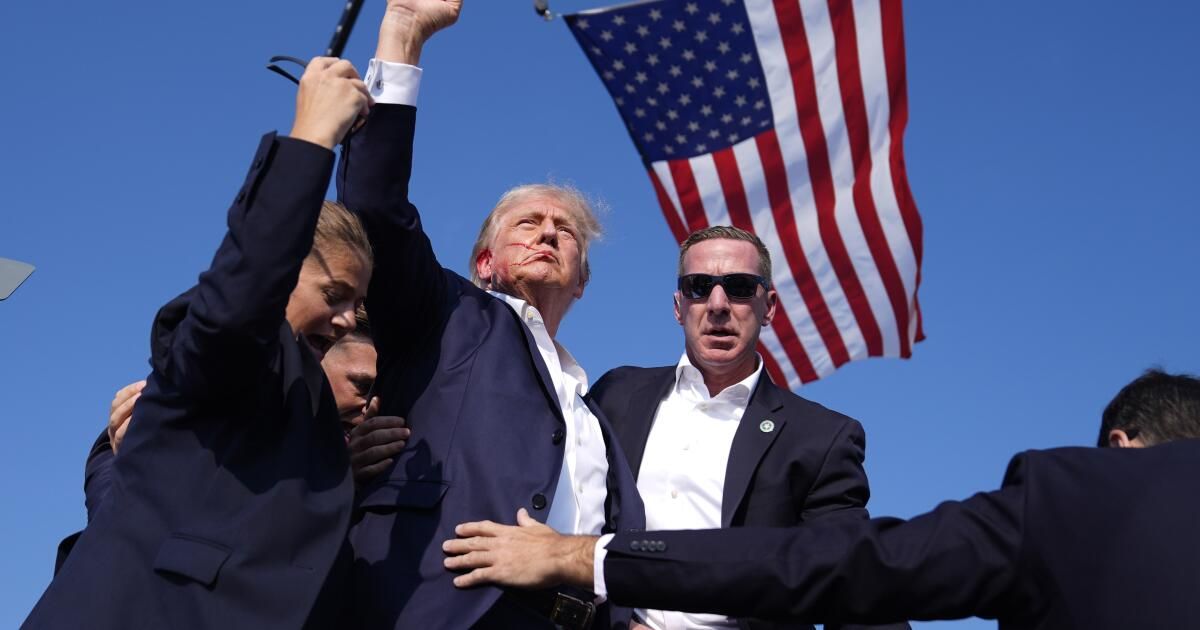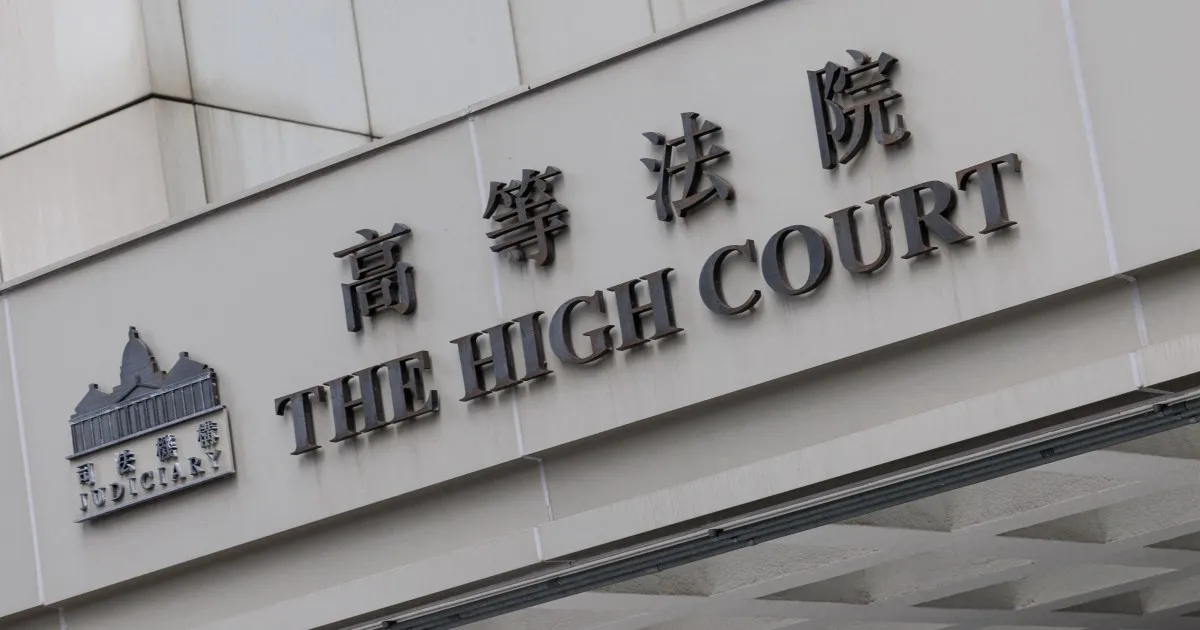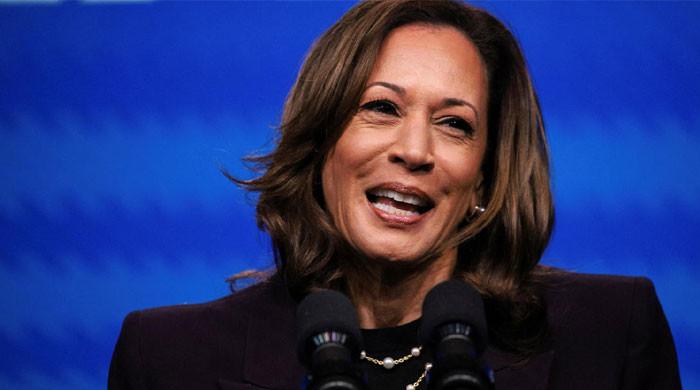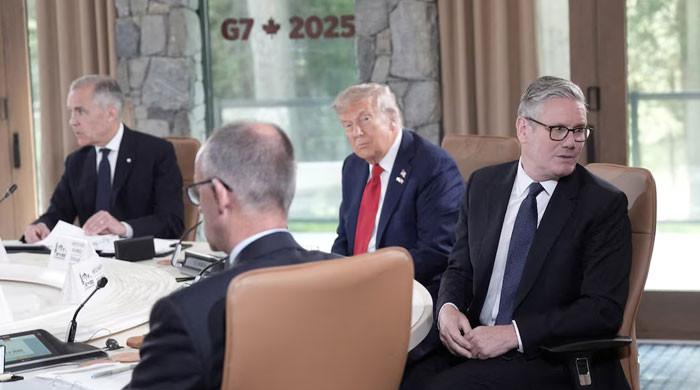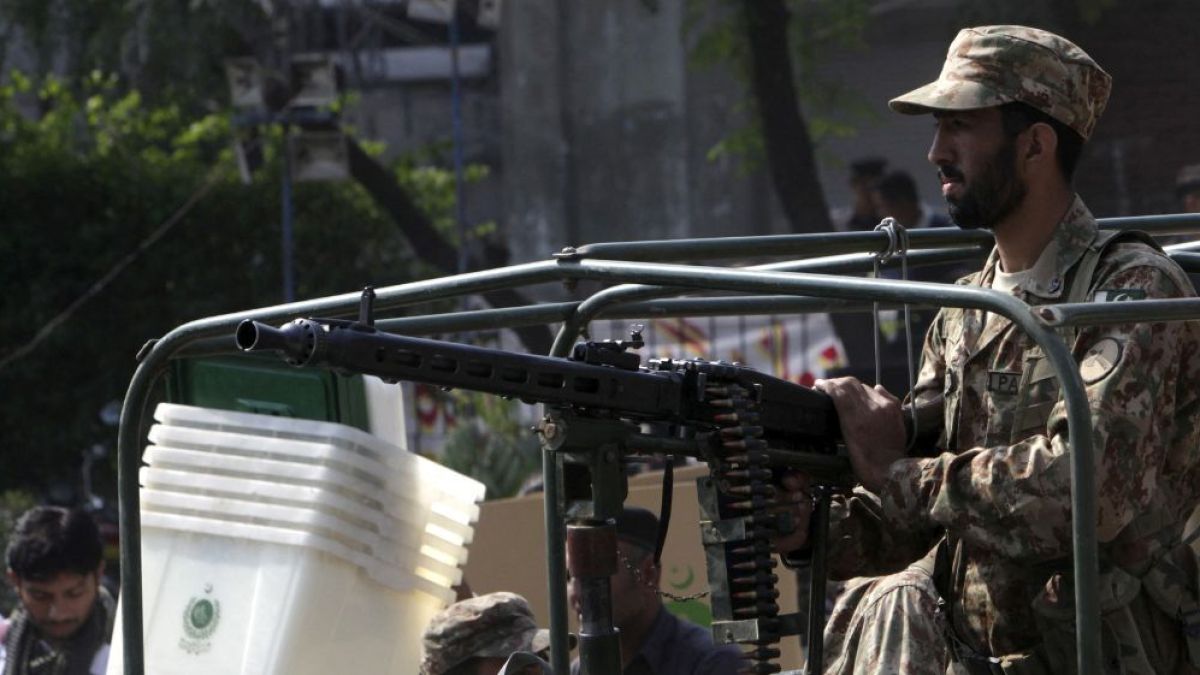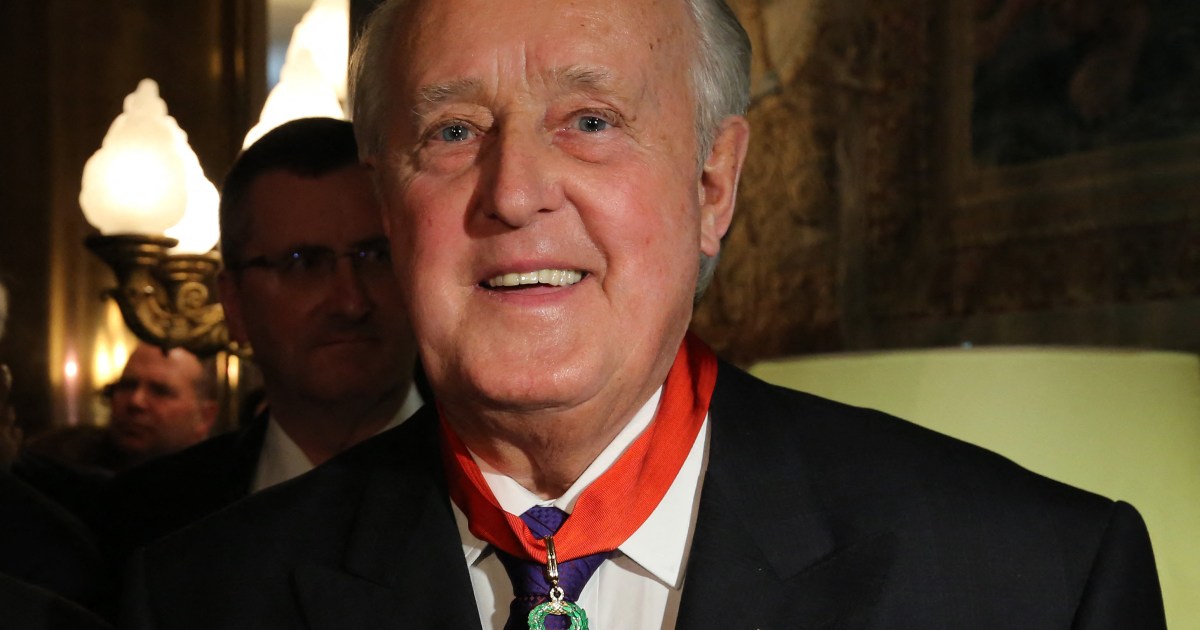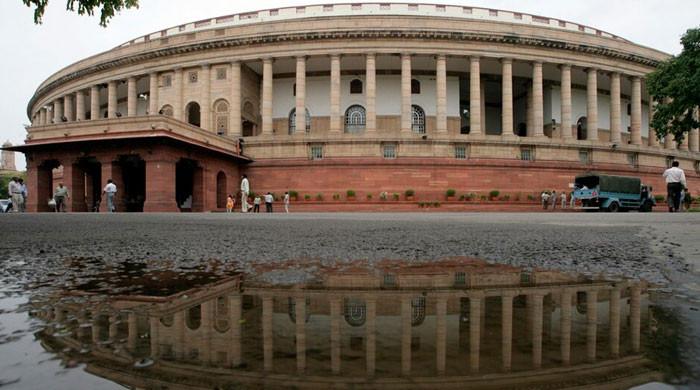Former President Trump was covered by Secret Service agents, blood dripping from his ear, as he raised his fist and appeared to say “fight” three times, creating what will likely become the most enduring image of a life that has been built on them.
The defiant gesture during his Saturday night rally in Pennsylvania after narrowly escaping an assassination attempt showed Trump's instinctive understanding that a visual show of strength is likely to fuel the rest of his presidential campaign.
“He didn't skip a beat. I can't believe he had that much self-awareness and that much conscience to continue campaigning while he was being arrested,” said Joan Hoff, a history professor at Montana State University and former director of the Center for the Study of the Presidency in New York.
It’s too early to gauge the full political impact of the moment, but it is already energizing Trump’s base and, for some voters unconvinced of the former president, could outweigh more unpleasant images like his Jan. 6 speech that inflamed supporters who stormed the Capitol, his ambivalent response to racial violence in Charlottesville, Virginia, or any number of events during and after his presidency that have raised concerns about his suitability for office.
He also left another mark on 2024 as one of the most unusual and unpredictable campaign seasons in recent history.
Trump, despite multiple accusations, an eventual conviction, two impeachments and an attempt to overturn the 2020 election, won the race for his party's nomination.
President Biden, the oldest president in history at 81, is responding to calls in his party to drop out of the race after a debate performance that sounded alarm bells and that some see as his downfall.
Trump already leads in national polls and in key states, so any boost could be crucial.
Party conventions, which in the modern era are often premature and undramatic, will now take on a new meaning. The Republican National Convention, which begins Monday in Milwaukee, is likely to be dominated by the shooting. The campaign announced within hours of Saturday’s assassination attempt — which wounded Trump in the ear and left the shooter and another person dead — that Trump would be present to accept the nomination.
“The whole crowd will rise up together and shout ‘America!’ with their fists raised,” predicted Douglas Brinkley, a Rice University historian and presidential expert. “He will take on the role of a folk hero or a martyr because he survived a near-death ordeal.”
The Democratic convention in Chicago, scheduled to begin on August 19, promises a different kind of drama. If Biden decides to withdraw from the race, Democrats will have to choose a replacement in a process that has yet to be defined. If Biden continues to resist such calls, the party will try to show unity and convince voters that Biden is capable of winning re-election, despite discouraging polls, and serving for another four years.
Trump was still en route to the hospital when his supporters began turning images of the former president walking away from the shooting into heroic memes online, extensions of the strongman persona he began cultivating during his television career.
They also began to blame Biden and other Democrats who warned that Trump is a danger to democracy, even as the shooter’s identity and motives remained unknown. On Sunday morning, the FBI identified him as Thomas Matthew Crooks, a 20-year-old registered Republican.
“Today is not an isolated incident,” U.S. Sen. J.D. Vance, an Ohio Republican who is on Trump’s shortlist, wrote on social media platform X on Saturday night. “The central premise of the Biden campaign is that President Donald Trump is an authoritarian fascist who must be stopped at all costs. That rhetoric directly led to the attempted assassination of President Trump.”
A Republican lawmaker, Rep. Mike Collins of Georgia, was the author of the evidence-free theory that “Joe Biden sent the orders” on his X account, one of many promoting baseless so-called deep state conspiracies on social media.
Trump has long encouraged violence at his rallies and has mocked Paul Pelosi, the husband of former House Speaker Nancy Pelosi (D-San Francisco), when he was the victim of a political attack. But Democrats were in no position to immediately fight back, given the public sympathy Trump is generating. Most, including Nancy Pelosi, issued statements of prayer and concern.
The current House Speaker, Republican Mike Johnson of Louisiana, urged everyone to “tone down the rhetoric” on Sunday’s “Today” show.
“We need leaders of all parties, on both sides, to speak out against that and make sure that it happens so that we can move forward and maintain our free society that we are all lucky to have,” he said.
David Gergen, who served in the Reagan White House when the president was assassinated in 1981, recalled “the outpouring of support” when he became “a martyr.”
“There was a wave of sympathy for Reagan and I think that’s what we’re going to see this time,” he said.
Gergen, who served four presidents in both parties over decades, believes sympathy for Trump could sway undecided voters and that “a significant number will go beyond that and see their president nearly assassinated.” But the dramatic event could also push Biden “to transform himself and his team.”
But even many of Trump's harshest political critics fear that Biden, increasingly defined by his age, has little hope of surpassing Trump's show of resilience in the face of an assassination attempt.
“The split-screen effect is one man stumbling across a public stage in front of another man of roughly the same age who is defiant in the face of a gunshot,” said Steve Schmidt, a former political adviser to the late Republican Sen. John McCain who campaigned hard against Trump. “That kind of contrast is something a presidential candidate can’t stand.”

